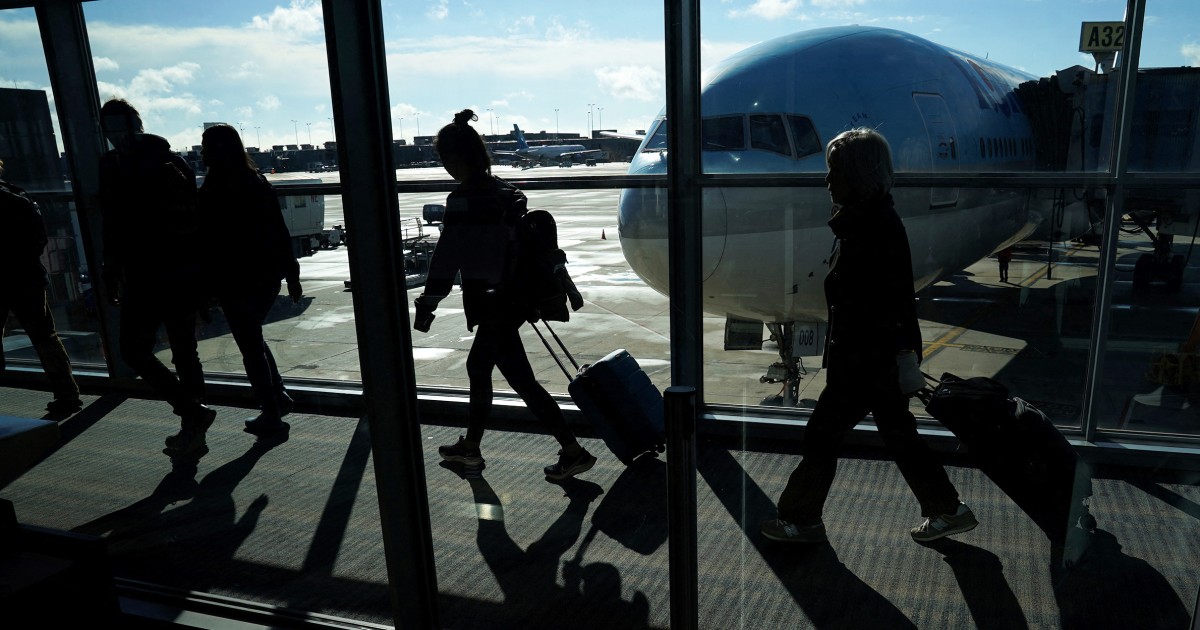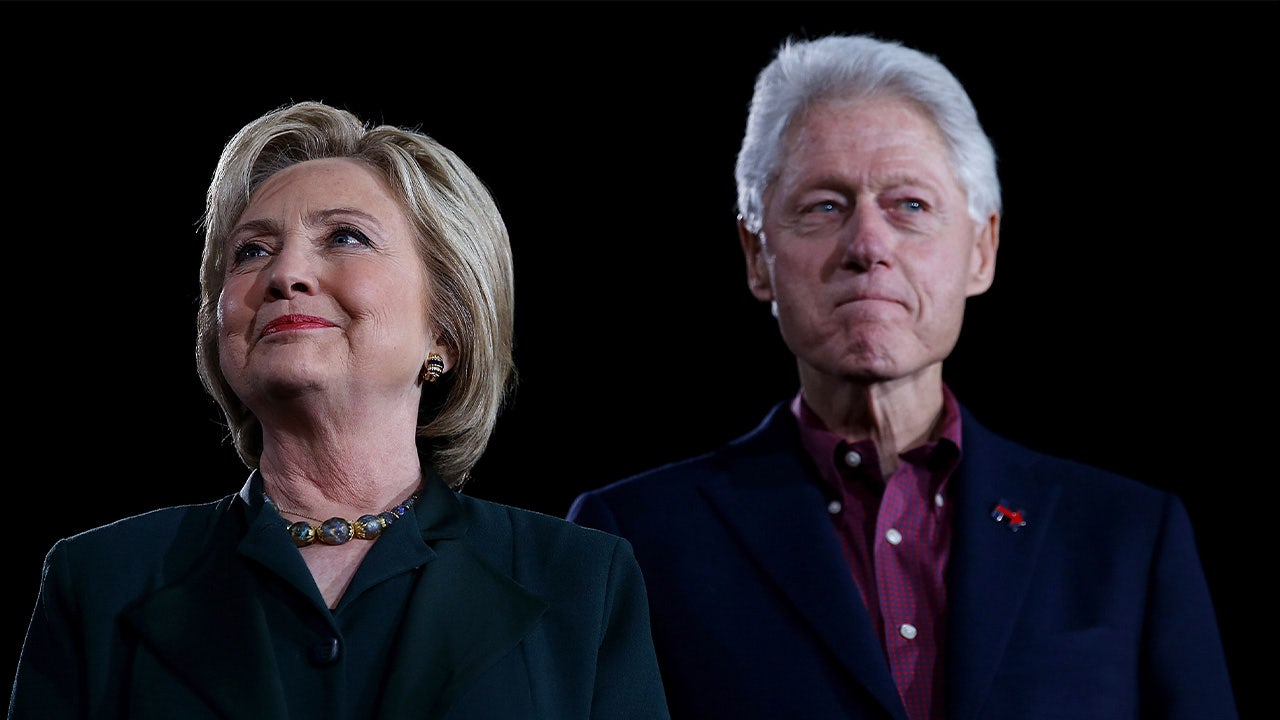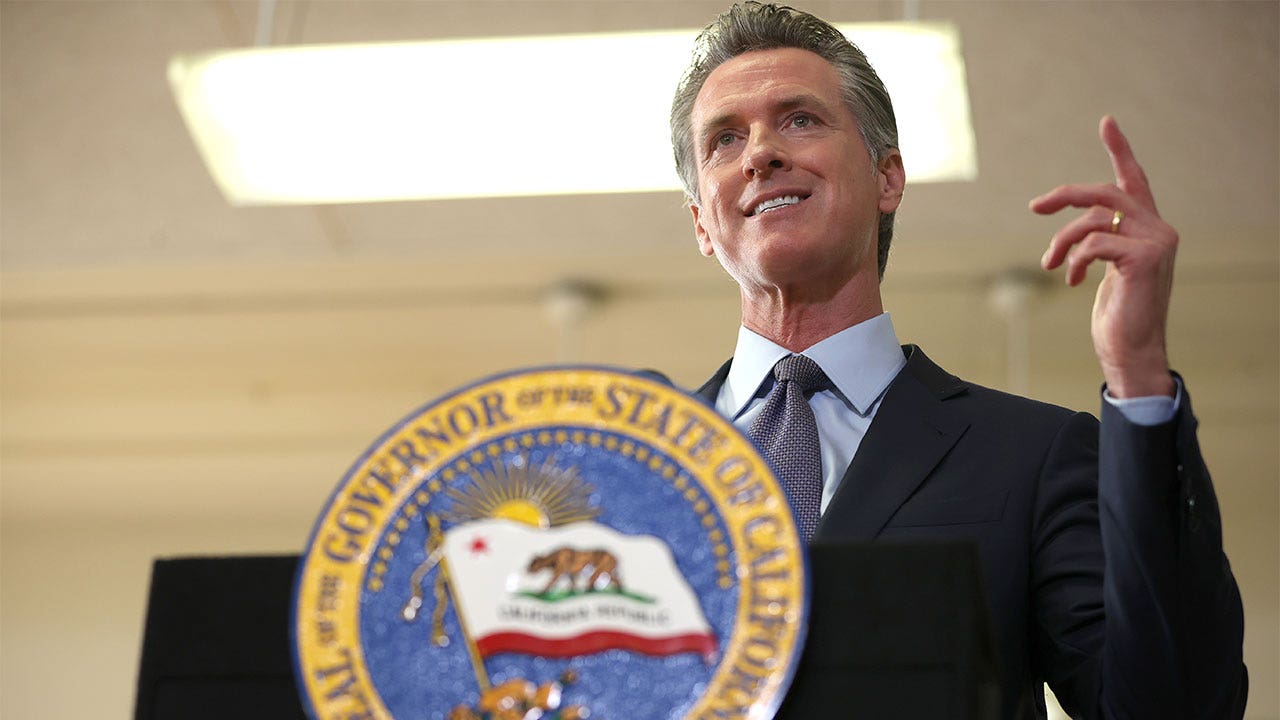President Joe Biden on Thursday signed sweeping aviation legislation that will boost U.S. air traffic controller staffing, increase funding to avert runway close-call incidents and speed up refunds for canceled flights.
The $105 billion, five-year measure reauthorizes the Federal Aviation Administration. It prohibits airlines from charging fees for families to sit together, requires airplanes to be equipped with 25-hour cockpit recording devices, raises maximum civil penalties for airline consumer violations from $25,000 per violation to $75,000 and boosts aircraft production scrutiny.
“Following flight disruptions, runway close calls and consumer frustrations, this law is set to deliver the safest, most reliable aviation system in the world,” said Senate Commerce Committee Chair Maria Cantwell. “Plane manufacturers will see more safety inspectors on factory floors and tougher safety standards from the FAA.”
Biden has repeatedly clashed with air carriers, calling for new stricter consumer rules and harshly criticizing them for imposing fees. His administration has also aggressively moved to block further consolidation in the passenger airline industry, including successfully blocking a tie-up between JetBlue Airways and Spirit Airlines and quashing an alliance between JetBlue and American Airlines.
The law also adds five daily round-trip takeoff and landing slots at busy Washington National Airport, which Delta Air Lines had lobbied for. The bill also directs the FAA to deploy advanced airport surface technology to help prevent collisions.
Efforts to boost aviation safety in the United States have taken on new urgency after a series of near-miss incidents, as well as January’s door plug mid-air emergency on an Alaska Airlines Boeing 737 MAX 9 flight.
FAA Administrator Mike Whitaker said the bill “allows for more runway safety technology, more air traffic controllers and stronger oversight of aircraft production.”
The bill also will allow Boeing to continue to produce its 767 freighter for another five years through 2033 in the United States, giving it an exemption from efficiency rules taking effect in 2028.
The bill aims to address a shortage of 3,000 air traffic controllers by directing the FAA to implement improved staffing standards and to hire more inspectors, engineers and technical specialists.
The bill does not raise the mandatory pilot retirement age to 67 as House lawmakers had sought to do last year and retains pilot training requirements.
Congress will not establish minimum seat size requirements, leaving that instead to the FAA. The bill requires the Transportation Department to create a dashboard that shows consumers the minimum seat size for each U.S. airline.
Lawmakers also rejected many other consumer provisions the Biden administration had sought, including requiring compensation for lengthy airline-caused delays as is the case in Europe.
The bill reauthorizes the National Transportation Safety Board and boosts staffing at the safety investigation agency. It also seeks to boost adoption of drones and flying air taxis into the national airspace and extends through Oct. 1 existing government counter-drone authority.















